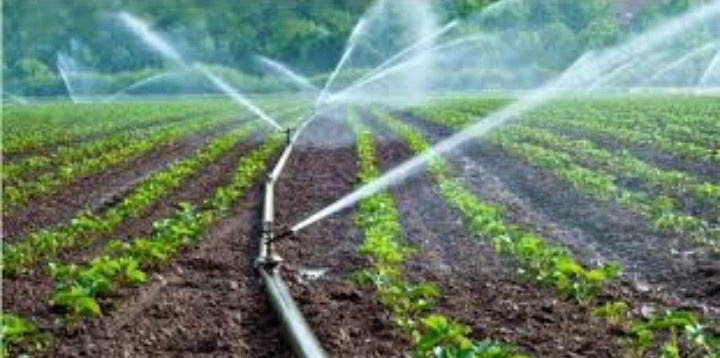Agriculture played a key role in Rwanda’s economic growth in 2023/24
Agriculture continues to be one of the pillars supporting the recovery of Rwanda’s economy, as highlighted in a report by the National Institute of Statistics of Rwanda (NISR).
In the 2023/24 fiscal year, agriculture contributed 26% to the country’s Gross Domestic Product (GDP), thanks to modernized methods aimed at improving farmers’ productivity and efficiency.
Despite the global economic downturn, the agricultural sector grew by 5%, primarily driven by measures taken to enhance farming practices, increase the use of technology in agriculture, and provide support to farmers to boost productivity.
Agriculture played a significant role in Rwanda’s economic development in 2023/24, with the economy growing by 9.3%. The sector ranked second in driving the country’s economic growth, following the services sector, which contributed 46%.
New strategies, including providing farmers with fertilizers, promoting innovations in water use and irrigation methods, and developing agricultural and livestock enterprises, have enabled agriculture to continue growing and yield better results.
Rwandan leaders emphasize that increasing agricultural productivity not only helps ensure sufficient food for the domestic population but also contributes to increasing exports.
These efforts have helped the country cope with challenges related to climate change, high global market prices, and economic instability in other countries.
As agriculture continues to be a source of food and improved livelihoods for many citizens, the government is intensifying projects aimed at increasing farmers’ capacities and livelihoods.
Government programs are set to continue supporting and improving agricultural knowledge, which will help further develop the sector and ensure it remains a key player in Rwanda’s economic growth.

